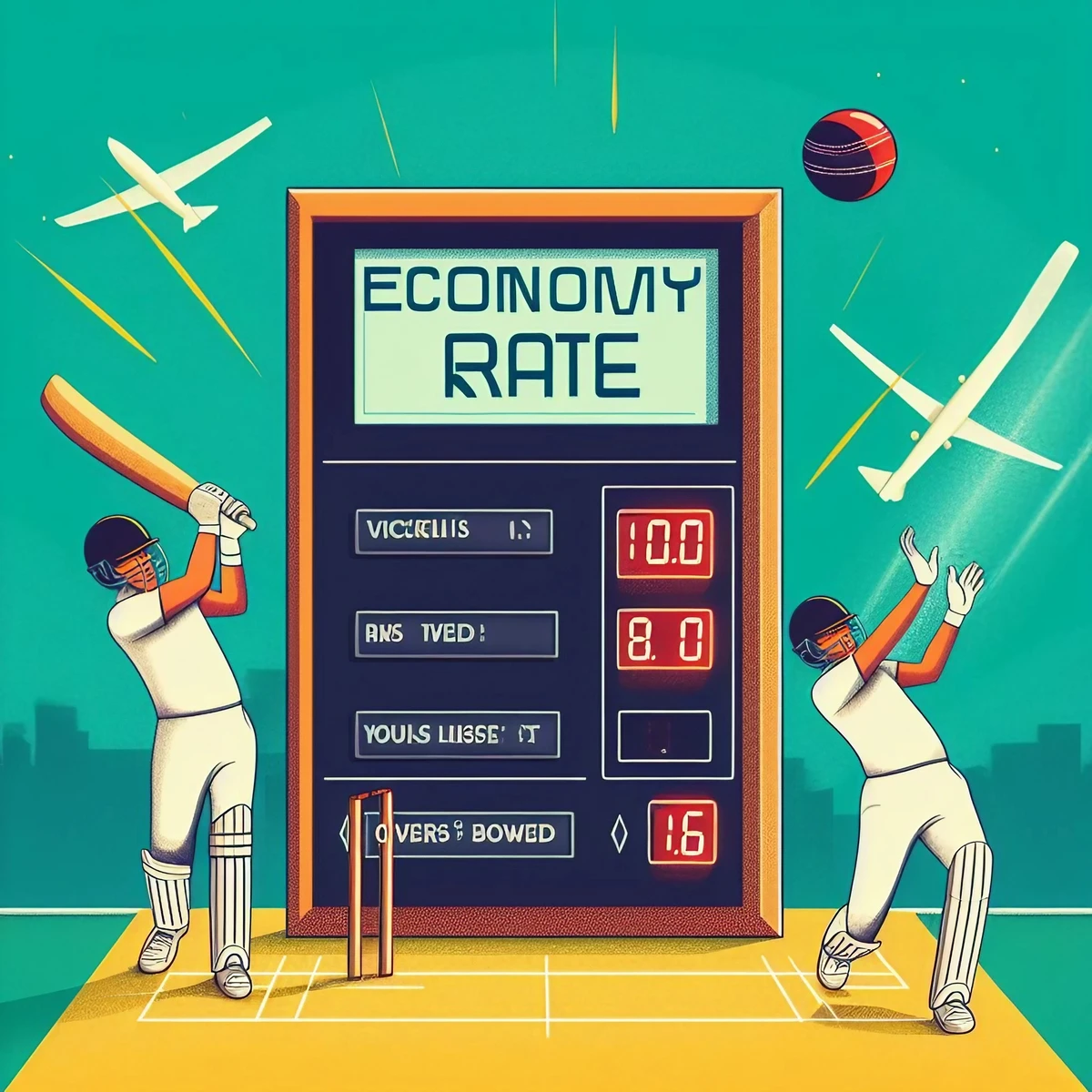Home » Cricket Calculators » Cricket Batting Average Calculator
Batting Average Cricket Calculator
Cricket Batting Average Calculator
Batting average serves as a vital metric to evaluate player performance and consistency. A player’s batting average reflects their hitting ability and frequency of successful hits.
200% Spribe Aviator Welcome Bonus
200% Spribe Aviator Welcome Bonus
- UPI, Paytm, gPay & PhonePe withdrawals
- The Biggest Bonuses in India
- Available in four different Indian languages
Batting average is a canonical metric in cricket for gauging batsmen’s consistency and prowess. It measures how often a batsman gets out versus their total runs scored over a period.
Unlike the net run rate calculator, the batting average calculation divides total runs by dismissals rather than innings. For example, if a batsman scores 400 runs but gets dismissed 8 times, their average is 400/8 = 50.
A higher average indicates greater reliability and effectiveness at compiling runs while minimizing losing one’s wicket. Elite batsmen maintain career averages over 40 or even 50.
TL;DR
Hide- The Batting Average is a standard measure used to compare players’ performances in cricket.
- A higher batting average indicates more reliable hitters.
- Batting Average in cricket is calculated as the number of runs scored divided by the number of times out.
Comparing batting averages between players provides insight into their relative skills. Analyzing averages across a player’s career reveals peaks and struggles. This key statistic encapsulates a batsman’s ability to build big innings and avoid cheap dismissals.
For both players and fans, batting average supplies a singular number that captures batting quality. It rewards sustaining one’s wicket and scoring prolifically – the essence of masterful batting.
The Importance of Batting Average in Cricket
In cricket, a batsman’s average reveals their ability to consistently score runs without getting out. It divides total career runs by dismissals, rather than innings.
For example, if a batsman has scored 8000 runs but been dismissed 200 times, their average is 8000/200 = 40.
A higher average signifies greater reliability to produce runs and avoid losing one’s wicket cheaply. Elite batsmen maintain averages exceeding 40 or even 50 over long careers.
- Net Run Rate Calculator: How to Calculate Run Rate in Cricket
- Cricket Batting Average Calculator
- Cricket Batting Strike Rate Calculator
- Cricket Bowling Average Calculator
- Cricket Bowling Strike Rate Calculator
- Cricket Economy Rate (Econ) Calculator
- Cricket Follow On Calculator
- Cricket Runs per Over Calculator
Comparing batting averages provides insight into players’ relative skills. Analyzing averages over a player’s career highlights peaks and dips in form.
By crystallizing a batsman’s tendency to build big innings and prevent dismissals, batting average is a canonical metric for evaluating skill and consistency.
Batting Average Calculation in Cricket
Batting average in cricket is calculated by dividing the total number of runs scored by the number of times a batsman has been dismissed. It is a crucial metric that provides insights into a player’s performance and consistency.
To calculate the batting average, one must divide the total runs scored by the number of times the batsman has been dismissed. A higher batting average indicates a more reliable and skilled batsman.
For example, if a player scores 600 runs and gets out 12 times, their batting average would be 50 runs per dismissal.
It is worth noting that a batting average below 20 suggests struggling performance, while a batting average above 50 signifies exceptional and elite performance.
The legendary Sir Donald Bradman holds the highest batting average in cricket history, with an average of 99.94.
Formula – How to calculate Batting Average
The batting average formula is simple as follows:
Batting Average = Runs Scored ÷ Times Out
Where:
- Runs Scored: The number of runs scored by the batter.
- Times Out: The number of times the batter has been caught out.
Understanding Batting Average Ranges
Understanding the various ranges of batting average provides valuable insights into a player’s performance and consistency at the plate. It allows us to assess their ability to make runs and their overall hitting skill.
In cricket, a batting average below 20 indicates a struggling performance, while an average between 20 and 30 is considered average.
A batting average between 30 and 40 is considered good, between 40 and 50 is excellent, and anything above 50 is exceptional, indicating elite performance.
Utilizing the Batting Average Calculator
To effectively assess player performance, it is essential to leverage the Batting Average Calculator. This powerful tool allows teams and coaches to analyze a player’s batting average and gain insights into their performance and consistency.
By inputting the number of runs scored and the number of times out, the calculator generates the batting average, providing a clear measure of a player’s hitting skill.
To demonstrate the significance of the Batting Average Calculator, let’s examine an example:
| Runs Scored | Times Out | Batting Average |
|---|---|---|
| 600 | 12 | 50.00 |
In this example, Joe’s batting average is 50 runs per dismissal, indicating an exceptional, elite performance. By utilizing the Batting Average Calculator, teams can make informed decisions about player selection and strategy, ultimately leading to improved performance on the field.
In conclusion, the batting average serves as a crucial metric in cricket to assess player performance and consistency. It provides a standardized measure to evaluate a player’s hitting ability and frequency of hits during their time at bat.
By understanding how to calculate batting averages and interpreting the ranges, teams can gauge a player’s reliability and skill in scoring runs or hits.
200% Spribe Aviator Welcome Bonus
200% Spribe Aviator Welcome Bonus
- Fastest Indian Rupees Withdrawals
- The Biggest Bonuses in India
- 450% Bonus up to ₹1,000,000
This article has provided a comprehensive breakdown of the batting average metric and its significance in assessing player performance.
Other Cricket Calculators
Latest Cricket Posts
Claim 200% Welcome Bonus
For a limited time, every new member can claim 200% Welcome Bonus upon registration up to ₹15,000. Read to bet?














